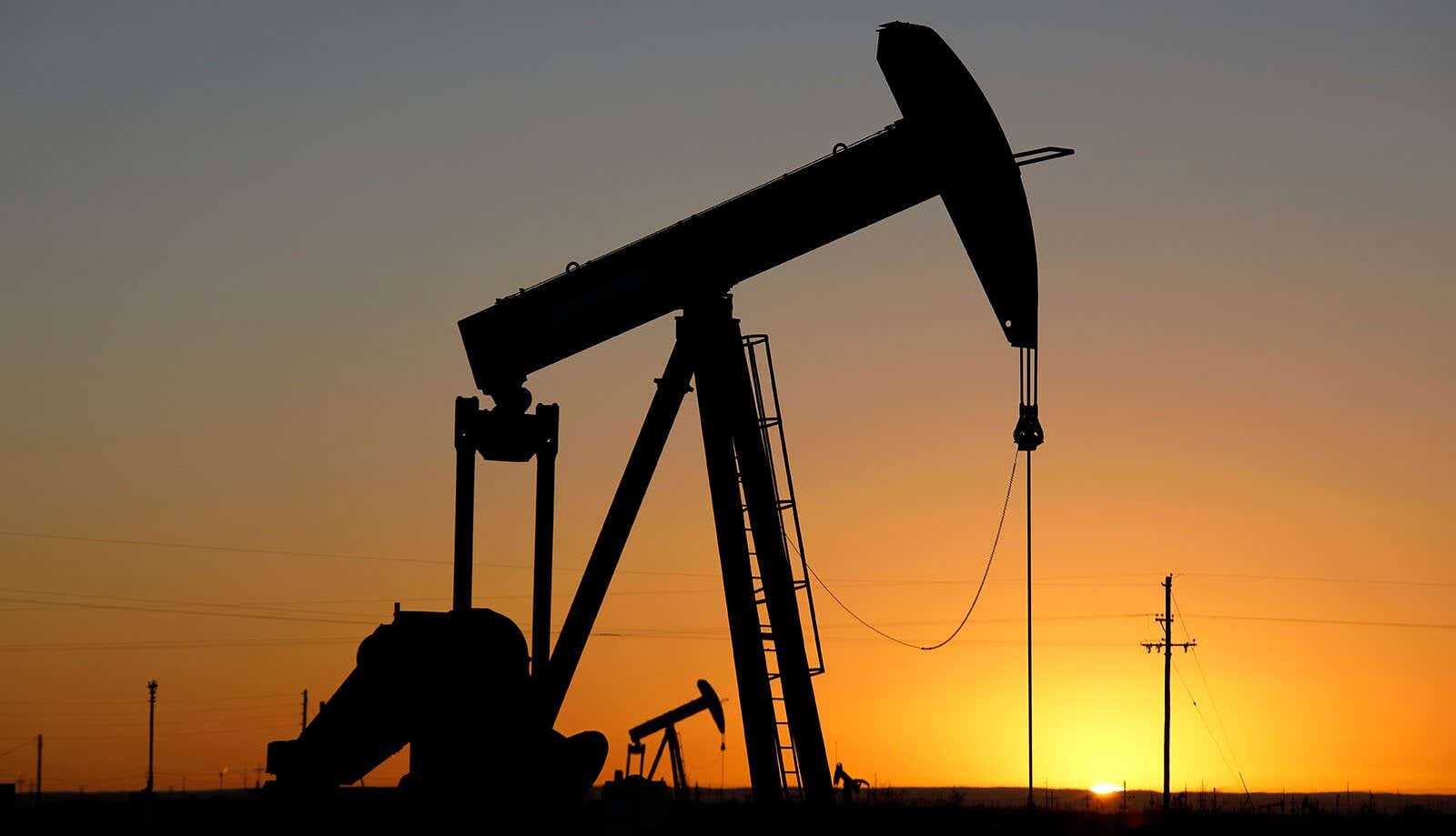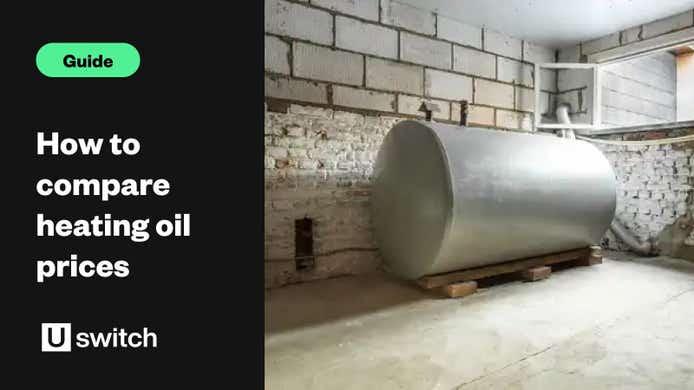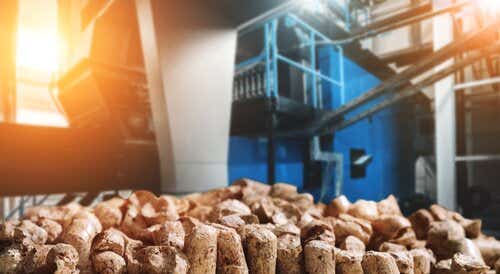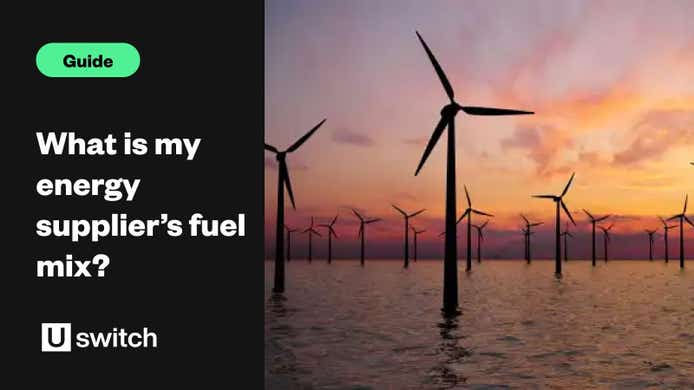Confused by the mixed messages about fracking which keep appearing in the press? Uswitch’s guide to fracking will help you separate fact from fiction.
Hydraulic fracturing or ‘fracking’ has attracted much media attention in the UK, since it was first mentioned as a potential solution to meeting the nation’s future energy needs.
The technique has been both hailed as the solution to the UK’s energy woes and demonised as a process which will destroy much of the country. This guide should help you make up your mind about hydraulic fracturing and its potential impact on the country.
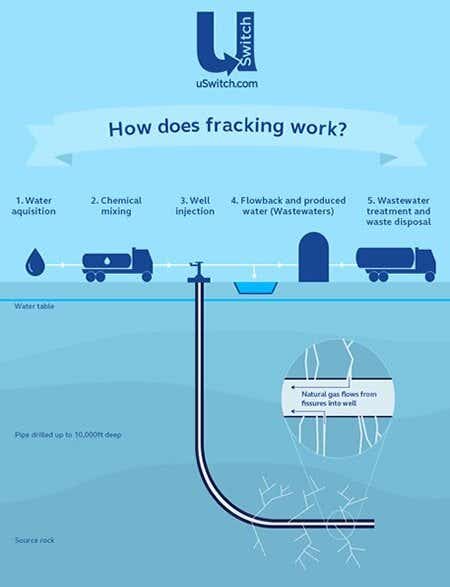
Fracking FAQ
What is fracking?
Fracking, short for hydraulic fracturing, refers to the process of drilling into the earth and then pumping down a mixture of water and chemicals to release gas trapped in the rock. The gas is then collected and can be used to produce energy.
Hydraulic fracturing is typically carried out horizontally, meaning that once the initial drilling is done, the process is carried out sideways into the earth. This releases trapped gas or expands existing channels to allow access to further gas reserves.
Will fracking lower my energy bills?
The near universal view is no.
Fracking is unlikely to lower energy prices in the UK by a significant margin.
There are two reasons for this.
One, the UK is part of the European energy market and a small reduction in one country’s prices is unlikely to make a large impact.
Two, there would need to be a huge amount of fracking across the country across a minimum of 30 years to generate even a small amount of natural gas.
Although some people have given the example of the USA as a country which has seen its bills fall dramatically as a result of fracking, the situation there is very different to that in the UK. The USA is not part of a wider gas and electricity market and consequently when the nation began extracting gas using fracking, prices fell very quickly – in some areas by as much as 40%.
Is fracking dangerous?
Opponents to fracking say the process has the potential to contaminate water sources and consequently poison humans and animals. In fact, research carried out in September 2013 by Cornell University in the USA, found instances of deaths and illnesses amongst livestock which may have been caused as a result of fracking and water contamination.
Another issue often raised by opponents to fracking is the huge amount of water the process requires. This not only affects the environment in terms of the actual transportation of the water, but is also a concern in areas with limited water supplies.
Proponents of fracking argue that the process in itself is not dangerous as long as it is well managed.
There are also concerns around the ability of fracking to produce earthquakes. In fact back in 2011, a study revealed that test drilling near Blackpool caused small earth tremors. A government funded report carried out in 2013, found that although drilling was likely to cause tremors, no structural damage was likely to occur as a result.
Speaking on the issue in January 2014, then Prime Minister David Cameron said: "Nothing would go ahead if there were environmental dangers".
However, when fracking resumed near Blackpool in 2018, tremors were again caused, bringing operations to a halt despite Cuadrilla, the fracking operator responsible, confirming that shale gas had begun to be extracted.
What are the benefits of fracking?
According to Cameron: "[Fracking for gas] is important for our country. It could bring 74,000 jobs, over £3bn of investment, give us cheaper energy for the future, and increase our energy security".
In addition, the Committee on Climate Change has reported that if well managed, the extraction of shale gas would produce fewer carbon emissions than imported liquefied natural gas (LNG). A study by the European Commission reached the same conclusion.
Where has fracking been carried out in the UK?
Fracking has so far been carried out only in the North-West of England, but as of January 2019 there are plans to begin fracking in Nottinghamshire, West Sussex and Surrey.
The technique is widely used in the USA, where fracking has transformed the energy industry. Other countries which use hydraulic fracturing include Canada and China. A large number of nations are still in the exploratory phase of the process, and look likely to frack at some point in the future.
Have any countries banned hydraulic fracturing?
Yes, a number of countries have decided not to allow the process. These include France and Bulgaria, which have cited environmental risks as their main reason for not allowing fracking.
Will fracking continue in the UK?
The government under Liz Truss announced on 22 September 2022 that the fracking ban will be lifted in the UK alongside a review and potential raising of the acceptable level of risk of seismic activity at fracking sites.
However, when Truss resigned and Rishi Sunak formed a new government, one of its first actioned policies was to reintroduce the moratorium on fracking, effectively banning the practice again.

